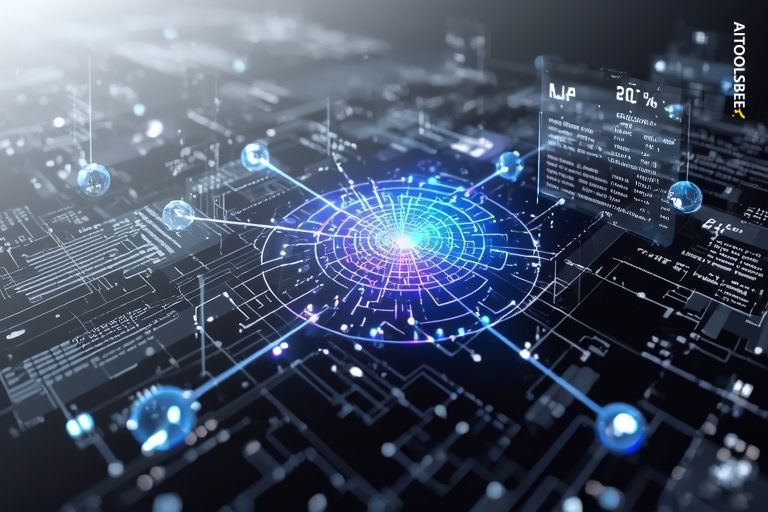
The Psychology of AI: Human-Like Errors in Machines
The evolution of artificial intelligence aims to mimic human learning and intelligence. However, when these systems make errors similar to humans, can we blame them? This question prompts a deeper examination of the nature and goals of AI.
In recent years, large language models like ChatGPT have made significant strides in mimicking human intelligence. These models are trained on vast amounts of text data, enabling them to generate new information. Yet, the errors that arise in this process often mirror human cognitive biases.
For instance, ChatGPT tends to provide incorrect answers to certain questions, similar to humans. This is attributed to psychological concepts such as representativeness, anchoring, and availability heuristics. These errors closely resemble human thought processes, indicating that AI has succeeded in mimicking human intelligence.
But when these errors occur, can we blame AI? If the goal of AI is to mimic human intelligence, these errors may be a natural outcome. Thus, we should consider AI's errors as human-like and positively evaluate AI's progress through them.
In conclusion, AI's errors are a natural phenomenon in the process of mimicking human intelligence. Through these errors, we can understand AI's development and further enhance human-machine interaction.

Highlights how AI enhances productivity and transforms creativity
through a user-centered perspective.

